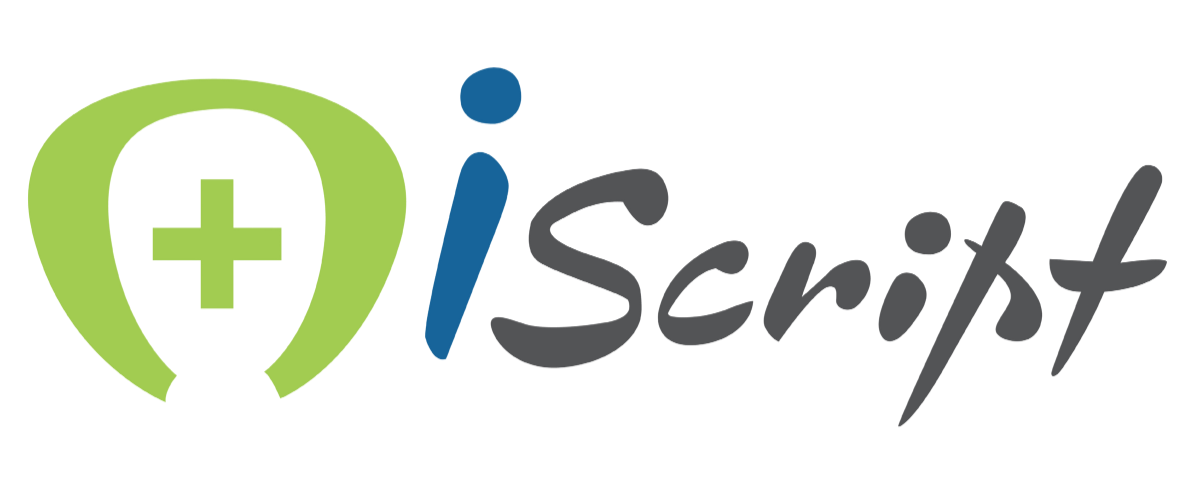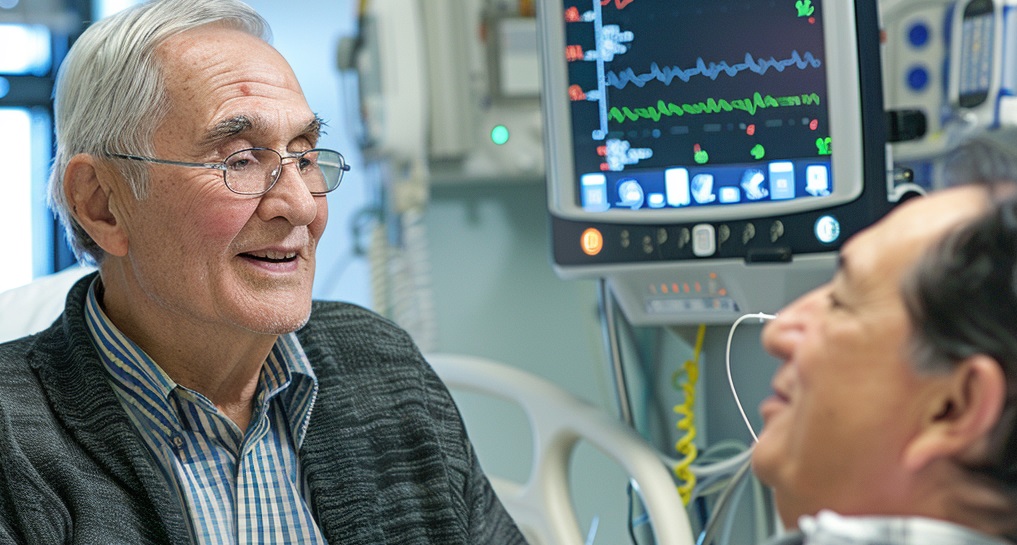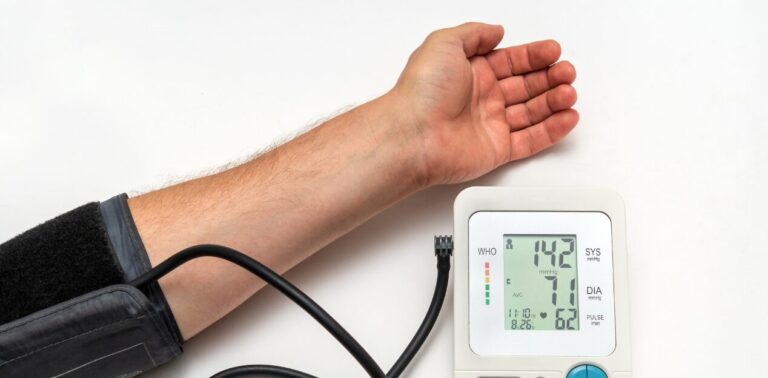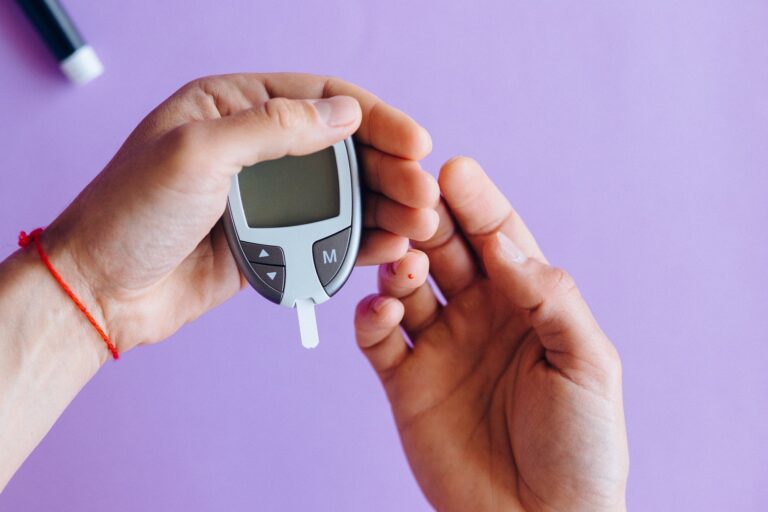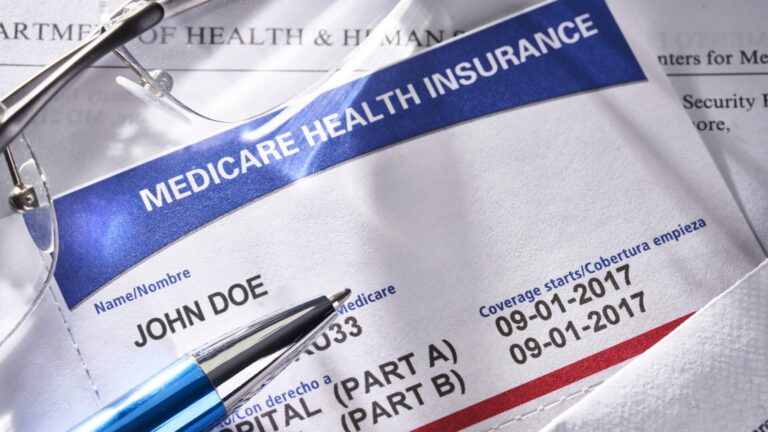Enhancing Heart Disease Management through RPM Technology
Introduction: The Vital Role of RPM in Heart Disease Management
Heart disease remains one of the leading causes of death worldwide, making the effective management of cardiac conditions crucial. Remote Patient Monitoring (RPM) technology has emerged as a transformative solution in this domain, particularly for conditions like hypertension and heart failure. By continuously monitoring vital signs and cardiac health metrics, RPM enables more proactive and personalized care, significantly enhancing patient outcomes.
Understanding RPM and Its Impact on Heart Disease
Remote Patient Monitoring (RPM) involves the use of digital technologies to collect medical data from patients in one location and electronically transmit it to healthcare providers in a different location. This technology allows for continuous monitoring of health data such as heart rate, blood pressure, and oxygen saturation, which are critical for patients with heart disease.
The Mechanics of RPM for Cardiac Care
For patients with heart conditions, RPM typically involves the use of wearable devices that monitor heart rate, blood pressure monitors, and other sensor-based devices that can detect changes in cardiac function. These devices provide real-time data to healthcare providers, allowing for immediate responses to potential health issues.
Substantial Benefits of RPM in Cardiac Healthcare
Continuous Data Leads to Timely Interventions
One of the most significant benefits of RPM is the ability to monitor patients on a continuous basis. For heart disease patients, early detection of abnormal heart rates or blood pressure spikes can be lifesaving. RPM systems alert healthcare providers to these anomalies, enabling quick intervention which can prevent emergency situations or hospitalizations.
Improved Patient Adherence and Engagement
RPM technology empowers patients by providing them with immediate feedback about their health status. This often leads to better adherence to prescribed treatments and lifestyle adjustments as patients can visually see the impact of medication and lifestyle changes on their health statistics.
Reduction in Hospital Readmissions
Patients with heart failure are particularly vulnerable to repeated hospitalizations. RPM has been shown to reduce these occurrences significantly by managing symptoms more effectively in a home setting, thus reducing the need for in-patient care unless absolutely necessary.
Cost-Effectiveness for Healthcare Systems
By reducing the need for in-person doctor visits and cutting down on emergency interventions and hospital readmissions, RPM can result in considerable cost savings for both healthcare providers and patients. This is particularly relevant in managing long-term conditions like hypertension and heart failure, where ongoing monitoring can prevent costly acute care episodes.
iScript.care’s Role in Revolutionizing Cardiac RPM
Customized Care Plans Based on Real-Time Data
iScript.care integrates RPM technology into everyday patient management, providing healthcare providers with tools to develop customized care plans based on up-to-the-minute data. This approach ensures that each patient receives the most appropriate treatment tailored to their specific needs.
Streamlining Care Coordination
The data collected through iScript.care’s RPM devices is seamlessly integrated into existing medical records, making it easier for healthcare teams to collaborate and coordinate care. This is particularly crucial for patients with complex cardiac needs, who often require multidisciplinary attention.
Enhancing Patient Safety and Quality of Life
With iScript.care, patients can feel confident in the safety of their health monitoring. The constant support and real-time monitoring reduce anxiety about potential health issues and improve overall quality of life by allowing patients to live more independently.
Conclusion: The Future of Heart Disease Management
RPM technology, facilitated by platforms like iScript.care, is set to redefine the landscape of heart disease management. By providing continuous, accurate, and actionable health data, RPM empowers healthcare providers to deliver care that is not only effective but also preventive and personalized. As we move forward, RPM stands as a beacon of innovation, promising a healthier, more sustainable future for patients with heart conditions. Contact Us
